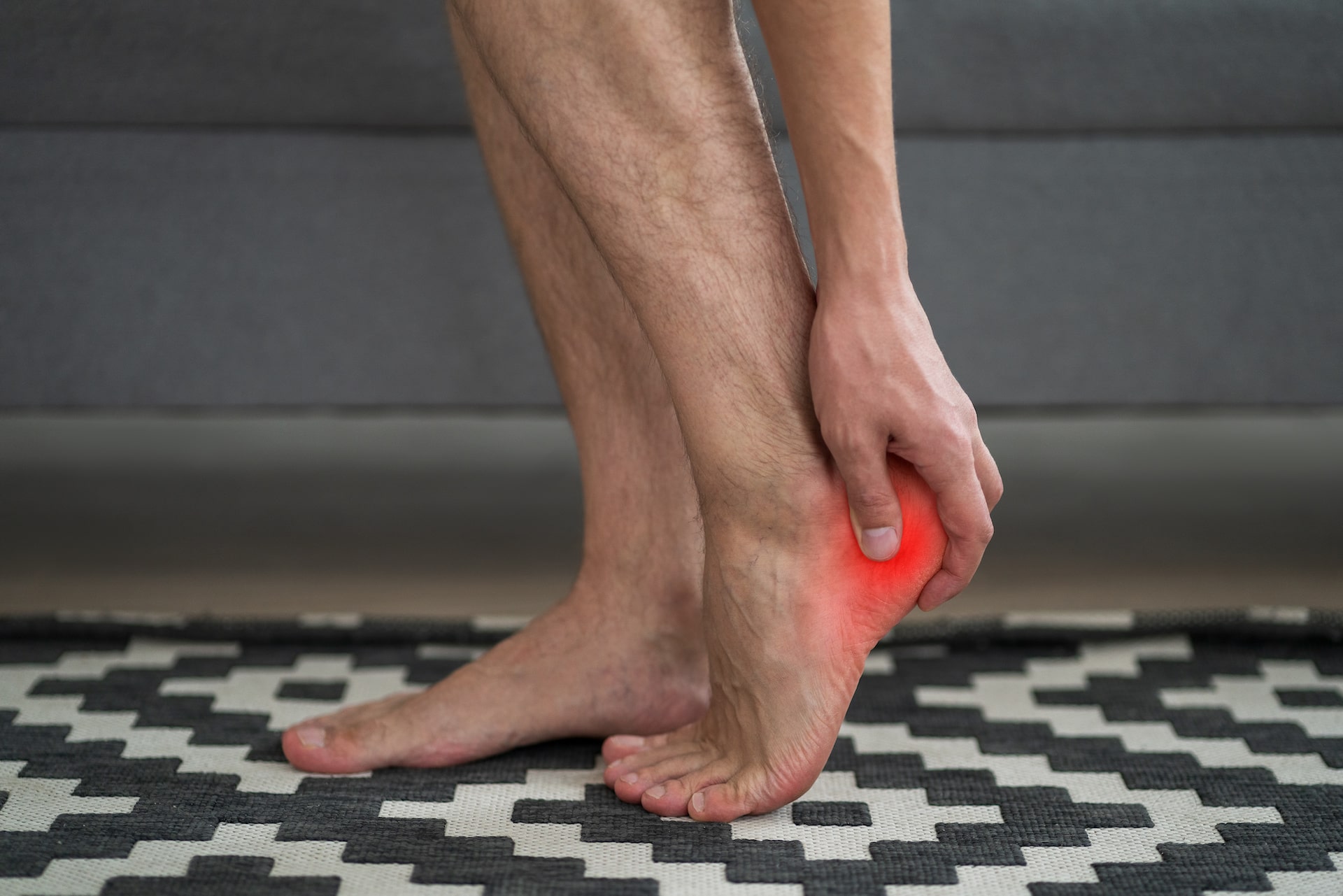Severe cases of psoriasis on the feet are referred to as palmoplantar pustulosis, which causes pustules, or red, pus-filled bumps to develop across the surface of the skin. Psoriasis is often triggered by physical stress and injury to the affected area, and can result in cracking and infection of the skin when left untreated. While 10 percent of people are born with the genes that cause psoriasis, only about two percent of those people actually go on to develop psoriasis at some point in their lifetimes, according to Rebecca Tung, MD, a dermatologist who treats psoriasis at Loyola University Medical Center in Chicago.
Since psoriasis on the feet can lead to problems with walking, it’s important that you take steps to manage psoriasis as best as possible to prevent the condition from interfering with your life and daily activities.
Preventing and managing psoriasis on your feet
- Quit smoking. Smoking is one of the leading triggers of psoriasis. If you smoke cigarettes or other forms of tobacco, stop smoking immediately or look into joining a smoking cessation program.
- Wear comfortable, properly fitting shoes made from natural materials that allow your feet to breathe.
- Avoid the risk for foot injuries as much as possible. Wear the proper athletic shoes for the sports you’re playing, and protect your feet as best as possible by wearing thick, cotton socks and shoes with padding or custom orthotics.
- Soak your feet in warm water once or twice per day, and cover them with moisturizing lotion or petroleum jelly to lock in moisture.
- Make an appointment with your podiatrist. Your podiatrist can perform a full examination of your feet to determine if there is another underlying cause contributing to your foot problems. Your podiatrist may even construct custom orthotics you can wear in your shoes to lower the risk for injury.
Possible treatments for psoriasis
After examining your feet, your podiatrist will recommend the proper course of treatment to help you manage or reverse psoriasis, if possible. You may be prescribed medications or special lotions made specifically to treat problems with psoriasis.
Other medical options may include the use of topical steroids or ointments, the latter of which can help slow down skin cell growth and slow the progression and worsening of psoriasis. You may also be informed to undergo ultraviolet light treatment, which can also slow down skin cell production. Treatment for psoriasis of the feet could take weeks, months, or years, depending on the severity of your condition.
Call Kansas City Foot Specialists to schedule an evaluation at (913) 338-4440, or request an appointment online so we can determine the true cause of your injury and get you back on your feet.



